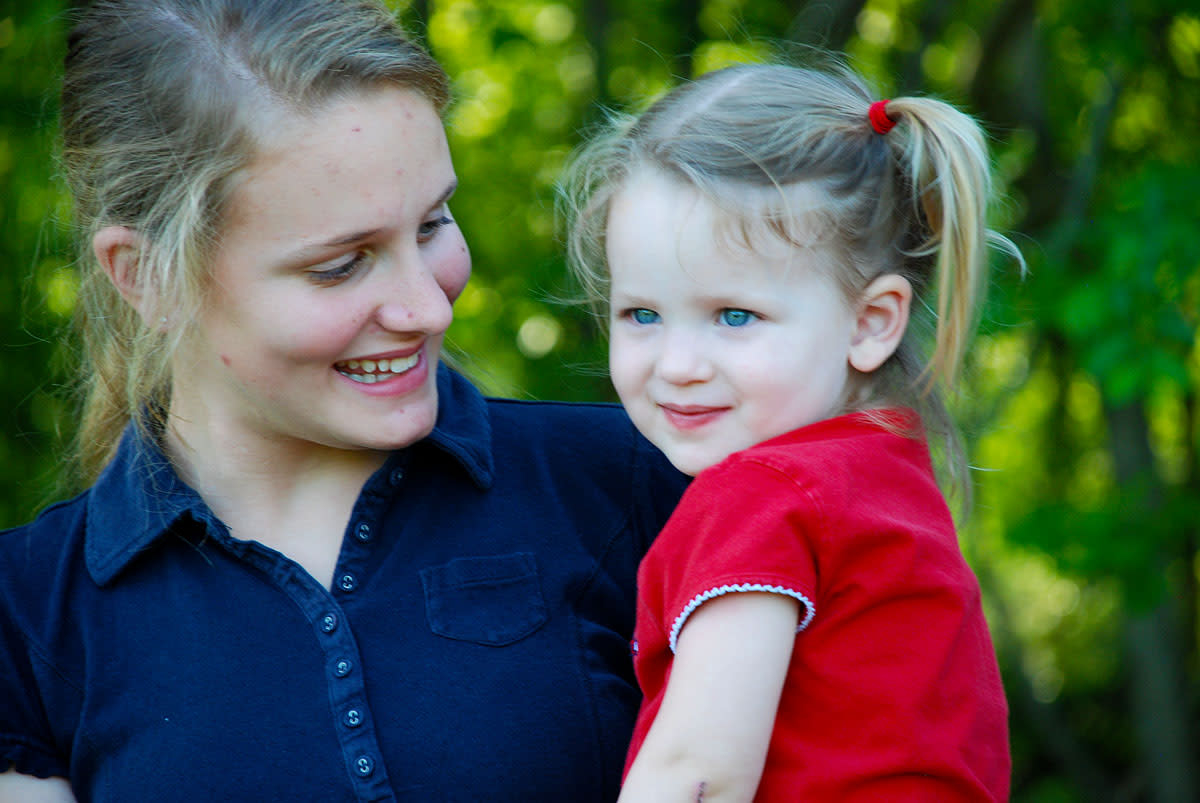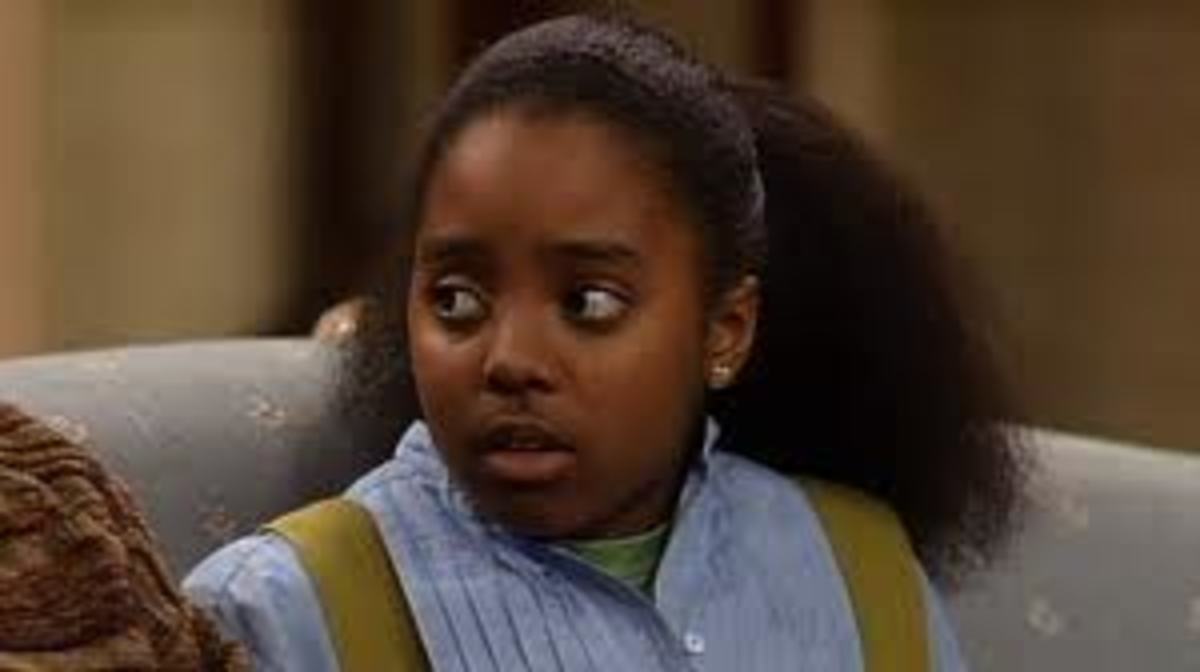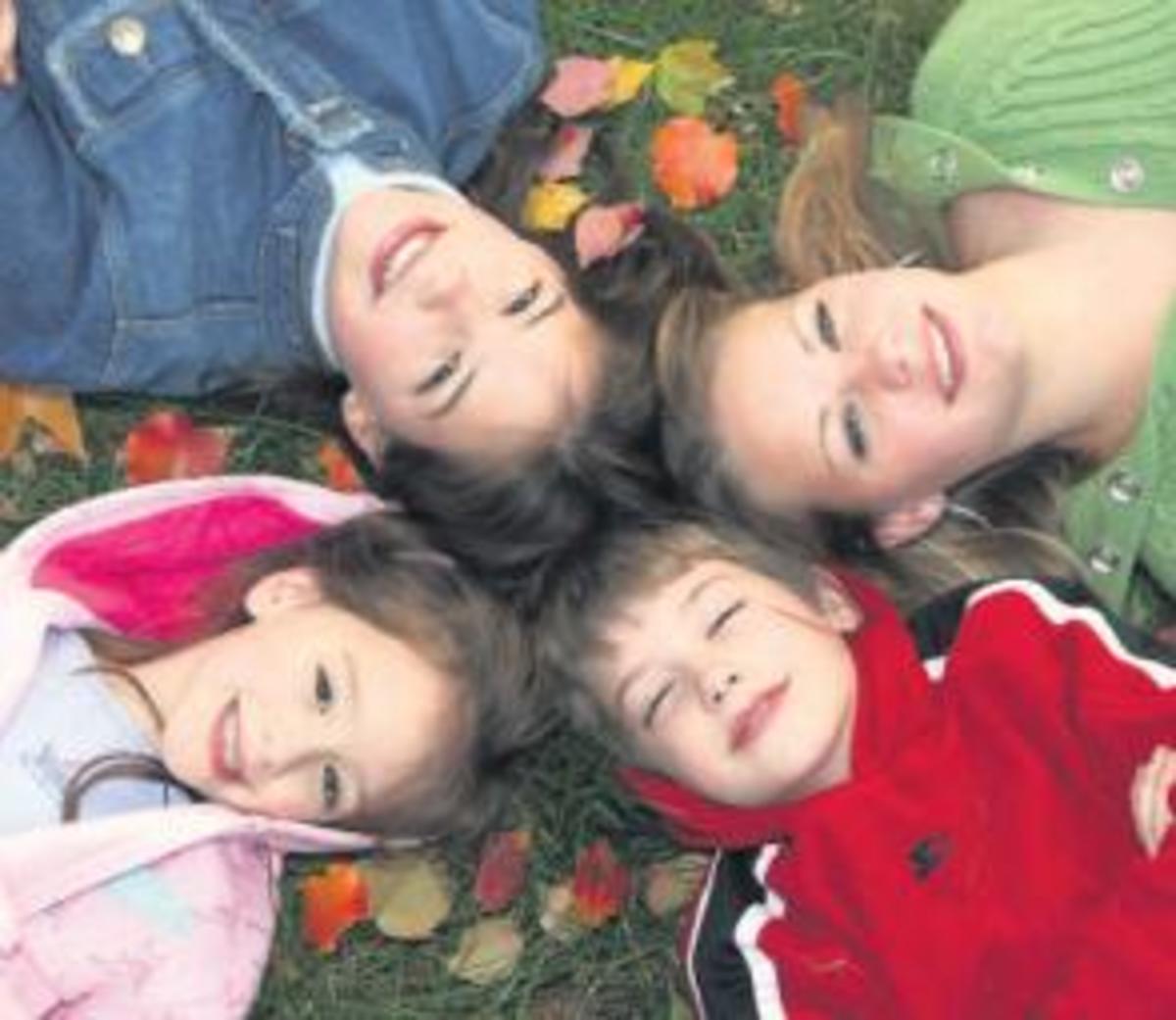Family Melodrama and Histrionics, Part V

The Intricacies of the Family-The Tangled Web Families Weave
Many oldest children in adulthood often do not know how to establish boundaries with their younger siblings. They often feel that establishing boundaries and asserting their needs are wrong and selfish. This makes them very liable to be taken for granted and used by their younger siblings. Many oldest children sometimes adopt the role of the unappreciated and abused martyr to their younger siblings. These oldest children are continuously stepped on and asked to assume all the familial duties and responsibilities although the younger siblings, also adults, are more than capable of assuming their share of the familial duties and responsibilities.
There are some adult oldest children who actually put their younger siblings before their spouses and children. There is an instance of a wife, mother, and successful career woman who supported six of her younger siblings. These siblings were highly capable of supporting themselves but they elected not to do so, so she came to their financial rescue. This woman did not financially contribute to her own household, leaving that to her husband.
The husband naturally became quite incensed at the prospect that six grown siblings are supported while her own daughter's needs were often unmet. Many adult oldest siblings believe that it is their obligation to financially help and/or support their younger siblings. They put their and their own family's needs last. What these oldest siblings do not realize, that they are alienating both their spouses and children, making them resent them while enabling their younger siblings to be overly dependent upon them.
Many of the enabling adult oldest children actually resent their role as the family albatross. However, instead of being assertive and establishing their boundaries, they remain silent in the "nice" sibling role. They usually take out their resentment upon their immediate family members instead of their younger siblings. These adult oldest children usually live a life of quiet angst and desperation. However, they contend that it would be wrong to establish boundaries, preferring to be abused and used by their younger siblings.
Well, the middle child in the family is often overlooked and not appreciated for their own unique personalities. They have the dubious status of being the "in between" sibling. They seemed to be always in the background, never in the limelight. Many middle children are often viewed as the "other" by their older and/or younger siblings.
Many middle children often must prove themselves as unique individuals and not as sibling appendages. They feel as they are overshadowed by their assertive older siblings and adored younger siblings. They are in a siblings' quandary and no person's land. They realize early in life that they must be more assertive in order to gain the respect of their older and/or younger siblings.
The average middle child often feels powerless in their interfacing with their siblings. He/she is in a purgatorial situation regarding the sibling dynamic. The mantra of the middle child is when he/she will ever receive any type of respect and/or adulation like his/her older and younger siblings. Many middle children often have a low and/or at the most a nebulous sense of self.
Because of their so-called second class status in the family dynamic, many middle children become advocates of the underdog. They also have learned the art of compromise and getting along to exist. Many middle children are the silent and unappreciated glue regarding the sibling dynamic.
Middle children react and respond to their sibling status in many ways. Some become quite anonymous and self-effacing, preferring not to rock the boat as they would not be noticed anyway. Others adopt the everyperson, people pleasing role in order to be loved and accepted. Many more become quite independent and assertive, branching out and trying new lifestyles that their siblings never conceived nor thought of. Quite a few become aggressive and vocal advocates in order to show their siblings that they are persons in their own right and being.
Many middle children in adulthood continued to be ignored and/or overlooked by both older and younger siblings. They often believe that they will never be as good as their older sibling. In fact, many of them feel that they are only second best in comparison to their older sibling. For instance, there was a woman who was the middle child of twelve who always deferred to her oldest sister. This woman was so inundated that as a middle child she was a persona non grata. As a result of the family inoculation, she was quite timid and nonassertive. She believed that she was nothing and lived a life far below her intellectual potential.
Many middle children are the unsung mediator and diplomats in their families. Other siblings often look to them when they want someone who is democratic in nature and able to see all sides of a situation. Middle children are often the least controlling and the most democratic and egalitarian of all sibling groups. They also know the concept of teamwork and sharing among siblings. They are not into power trips like oldest children are and not into manipulations like youngest children are.
Middle children are often the ones who hold the siblings together. They are often the bridges between the older and younger siblings. They are the power behind the throne to say the least. However, there are many middle children who are so unappreciated and unnoticed by their siblings that they elect to go different ways and/or cut off all ties with their siblings. These middle children believe that they will be happier and more fulfilled as people if they do not continue with their toxic sibling family dynamic.
Youngest children are considered the babies and the most fragile by their older siblings. They are the ones who are indulged and protected. They are viewed as innocent and not knowing any better. In many families, the youngest child often have the most carefree childhood and the least responsibilities in comparison to their older siblings who had to assume familial responsibilities during their childhood years.
In some families, the oldest child may have assume responsibility during early childhood while the youngest child even in late adolescence never had to assume any type of responsibility. These often unequal and preferential treatment of the youngest child in same families often case resentments. An actor/executive producer/entertainment mogul, the youngest of nine children, remarked that his older siblings would constantly beat him up because he received privileges as the youngest child that they did not receive.
Youngest children are often viewed as babies and innocent beyond childhood. Also, because of their ordinal family status, they are often viewed as "less than" and "unknowing". Many youngest children are known by their diminutive names even in adulthood. Even though many youngest children became highly competent and successful adults, they are still viewed e.g. as "Mikey", "Pookie" and/or any other derisive name, not as competent adults.
Youngest children, it seems, have to prove themselves 400% in order to have credibility. As adults, they are often relegated into the baby status by their older siblings even though they are responsible adults. They are often mollycoddled and taken care of by their older siblings way into adulthood. They are often infantilized far beyond an appropriate age.
Of course, there are youngest children who refuse to assume any type of responsibility whether it is financial, emotional, and/or psychological thus forcing their older siblings to rescue and take care of them. These youngest siblings often assume the role of psychic and/or emotional vampire, upping their gameplan to be taken care of because this is easier and more preferrable than to actually assume responsibility for themselves and becoming actual adults.
Many youngest children believe that they are actually incapable of assuming any type of responsibility because everything was done for them during their formative years. They rely on their older siblings to take care of the more unpleasant aspects of life because they are uncomfortable facing them. They are actually afraid of becoming independent and autonomous people because they were not raised to do so. They are quite comfortable being told what to do and being in the passive role.
Then there are manipulative siblings. These are siblings who use power games and other forms of manipulations to get what they want. Manipulative siblings come from all birth order groups and family sizes. There are reasons why some siblings are manipulative of their siblings.
Some siblings want to establish power and control over their siblings. They believe in the philosophy that might equals right. The manipulative sibling may be the favorite child in the family and believe that he/she can do no wrong. Other manipulative siblings may be smarter and more attractive than the targetted sibling. The former sibling believes that his/her special attributes give him/her the license to act any way he/she pleases towards the latter, targetted sibling.
Manipulative siblings operate from a source of power. They believe that they have the power to do whatever they want to a sibling. By manipulating and denigrating their sibling, the sibling is in an abject position of powerlessness. This sibling's powerlessness elevates the manipulative sibling's sense of power.
Manipulative siblings do not believe nor practice in an equal relationship with their siblings. They operate from a sense of being the alpha person. The name of the game pertaining to the manipulative sibling is-POWER! Power to play mindgames on the manipulated sibling who the manipulative sibling perceive is weaker and is deserving of the abuse heaped upon him/her.
© 2012 Grace Marguerite Williams








